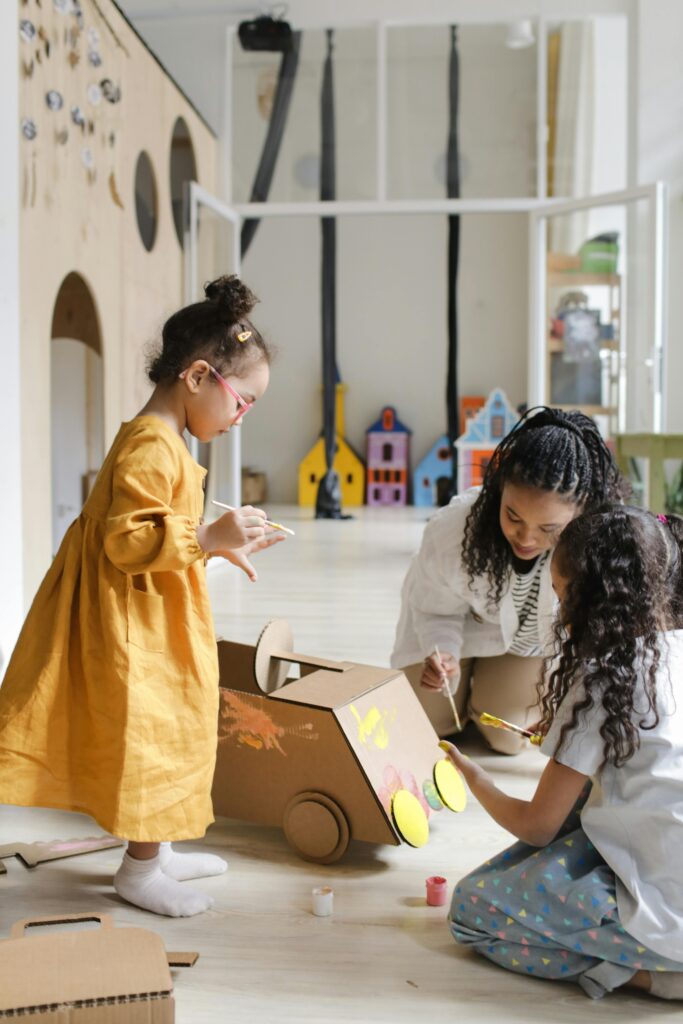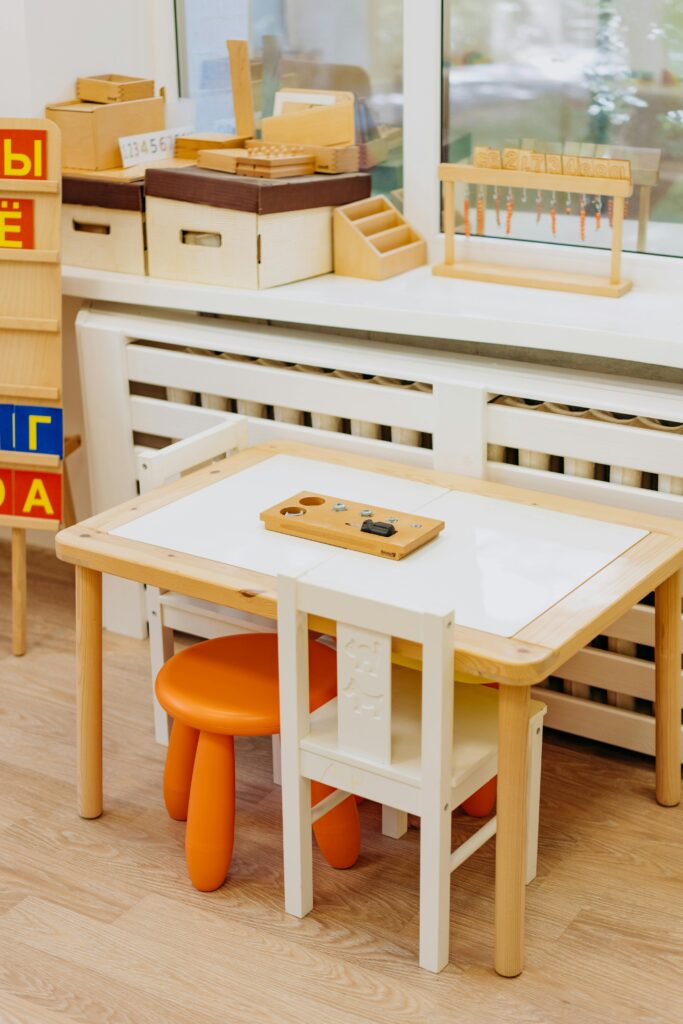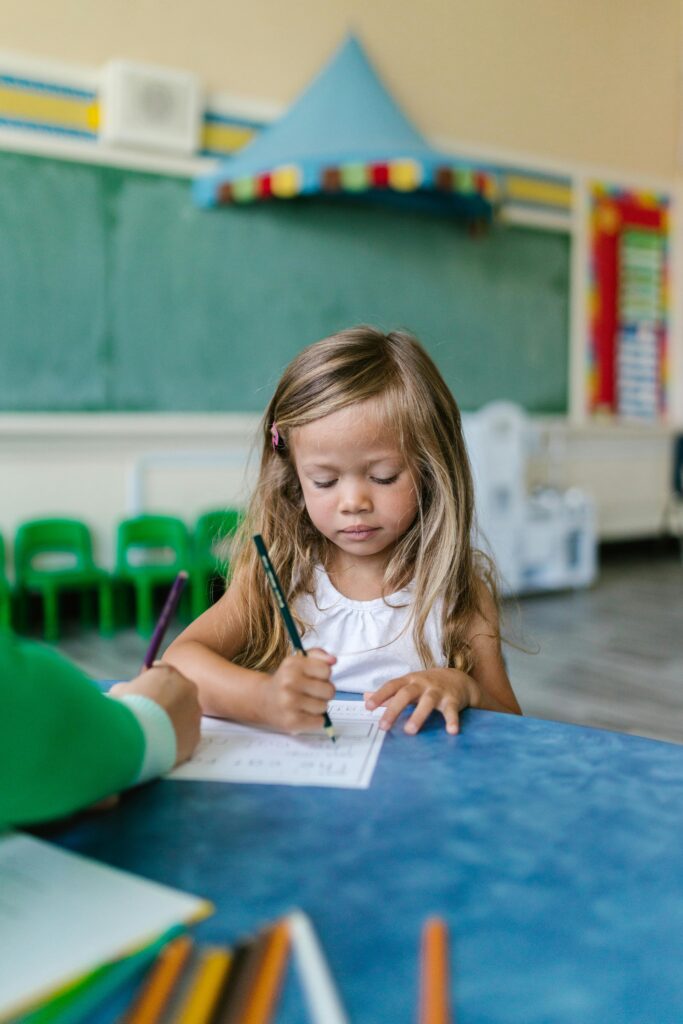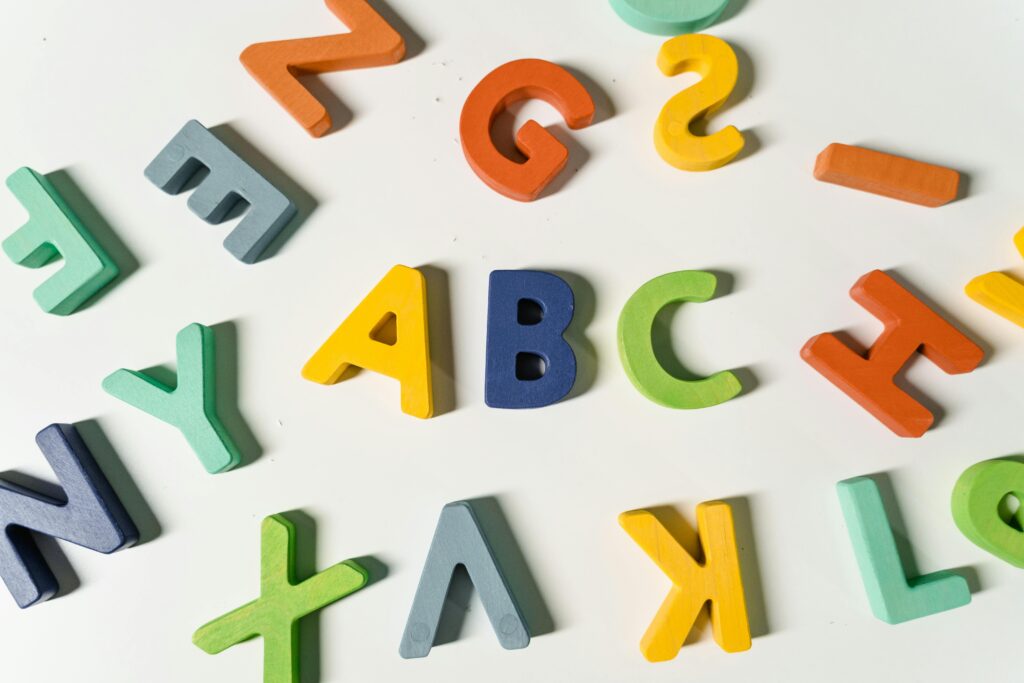Montessori Education
What are Montessori Education Principles? We must know about these to get the proper knowledge. The method chosen by Dr. Maria Montessori for the early education of children and to develop their skills is called Montessori education. In order to educate and train children, schools give attention at an early age, some methods should be adopted that they can easily absorb.
If you are here to know the principles you are at the right place. In this post, we will guide you about Montessori education system and curriculum. These are physical and mental activities that each child can do individually. This system builds self-confidence and growth in children. You must watch the Montessori classrooms these are designed for education, you’ll know it’s a Montessori classroom when you walk in as they have some of the equipment and things you’d guess are meant for children’s activities. It helps to stimulate and develop young children’s cognitive, social, emotional, and physical development.

9 Montessori Education Principles
Give Respect to the Child
In the Montessori system, children are treated with dignity and respect. Thanks to this system, children can freely choose their favorite things and correct their mistakes. Montessori teachers treat children with respect. Gives them love and is ready to teach them everything to increase the speed and self-esteem of the children.
Mind Performance
Perfectly, this system is necessary to develop their mental and physical abilities so that children could lay the foundation of a strong and confident personality.
Important Periods of age
Children’s development at an early age is very important. During these years, children try to learn skills in cognitive areas. While it is better for them if they develop self-confidence and competence.
Educating the Whole Child
After learning this system, children use their skills properly. This system helps to improve the intellectual, emotional, physical and social development of children in terms of language and mathematics. In going through the stages of learning in early development, the child learns things that are understood only by sight.
Learning Properly
Emphasis on Montessori education principles are designed in such a way that each child’s individual needs and interests are taken into account because each child’s mind is different from another child’s brain, each child has a different way of thinking, something a child likes. Literally, if the other child does not like it, the lessons are prepared by looking at the mental capacity and progress of the child. Teachers judge each child’s individual ability and they try to teach the child what he lacks so that he can progress in education along with all the other children.
Healthy and free Environment

Addition, to create a Montessori system, classrooms are designed in such a way that everything that is learned has a place and a purpose. This system helps children to work more independently, where children show their mental abilities and feel happy to work according to their interests and this is important for increasing the speed of children’s development.
Intrinsic Motivation

According to the Montessori system, children are not rewarded for their achievements. This system believes that children’s learning and development is their reward. Futhermore, a gift but if children learn something by completing activities with self-confidence, their mental and physical development and they are motivated to achieve, this is a great reward and this is the real purpose of Montessori.
Independence for child with education
This system helps the children to get a free education in which they have the freedom of their own thoughts and their own will in which the child can say and do whatever his heart desires. In short, It is free to create content that gives children the best opportunities for innate development so that they can be active and follow their own thoughts to do whatever they want, just as children in regular schools are given classrooms of their own choice. No activity is allowed in this study. The main aim of the children is to develop their abilities by giving them freedom.
Easy To deal with Education
The Montessori system works with the belief that children are self-sufficient and motivated to learn. Taking activities into account Children can confidently discuss their learning and abilities with the teacher.
Montessori Curriculum Model for Babies
Montessori educators offer the prepared materials, environment, guidance, and the activities for children to educate themselves.

Practical Life
The Montessori curriculum suggests lessons and activities that are best suited to the child’s daily life and observation, fosters children’s independent concentration and skills, while revising the regular school curriculum. However, It will be revealed that they talk about cleanliness and grace, while the motor system does not prioritize this, here children are taught in a different way.
Example of materials and activities are here:
Tonging
Threading
Sweeping
Spooning
Sensorial
Recognize Senses
These are activities that teach children how to recognize sense of taste and touch in the auditory period so that they can learn to understand and feel emotions. They help children learn about colors and shapes, distinguish between sounds, smell, taste, and many other things they don’t know. Teaches the art of arrangement and the use of geometrical instruments
Examples include:
Pink Tower
Geometric Solids
Trinomial Cube
Color Box
Puzzle solver
Mathematics
Mathematics is a subject for children that requires children to count and multiply. Children need to have experiences that help them learn mathematics. It is important to learn how to match numbers such as how to add exponents and symbols, how to multiply two numbers, addition and subtraction habits, what multiplication and division functions are and how to solve them It is important to be familiar with all of them Because we all know the importance of mathematics in our basic life, it is important to expose children to mathematics so that they can learn about the habits in their early development and apply it in their lives.
Examples are here::
Numerals
Hanging Bead Stair
Teen Boards
Hundred Board
Counters
Language
Addition, children in early development do not understand vocabulary and language. Learning language is necessary for children to read and write. Montessori materials help children learn language. This material provides hands- on experience to Children and they can listen and recognize sounds through phonics, understand words and practice making new words. Techers guide them how to combine sounds to make simple words and sentences and how to hold a pencil. Language Skills help children in academic and social situations.
Examples are here:
Sandpaper Letters
Word finder
Metal Insets
Three Part Cards
Moveable Alphabet
Puzzle word search
Culture
If the cultural curriculum is revised, it includes subjects like geography, biology, science, definition of animals, music and culture. Along with learning to respond, children are also introduced to the principles of art and music.
Examples include:
Land and Water Forms
Life Cycle Puzzle and Activities
Map Cabinet
Land and Water Forms
Conclusion
By knowing Montessori Education Principles young children have a confidence and abilities to speak freely and have a habit of moving from one place to another. They enjoy choosing their favorite things and value their interests. In Montessori classrooms, children are free to roam and do things on their own. It provides an environment where they learn by doing their own experiences. Children often correct their own mistakes and learn a lot from them, which speeds up their work.
Interested Post:
- Liberty University Library Resources: Comprehensive Guide.
- Empowering Panorama Education: Unlocking Student Potential.
- https://waostudy.com/importance-of-educational-finance-finance-education-principles-and-types/
- https://waostudy.com/why-is-montessori-education-important-for-children-montessori-is-a-playful-learning/


